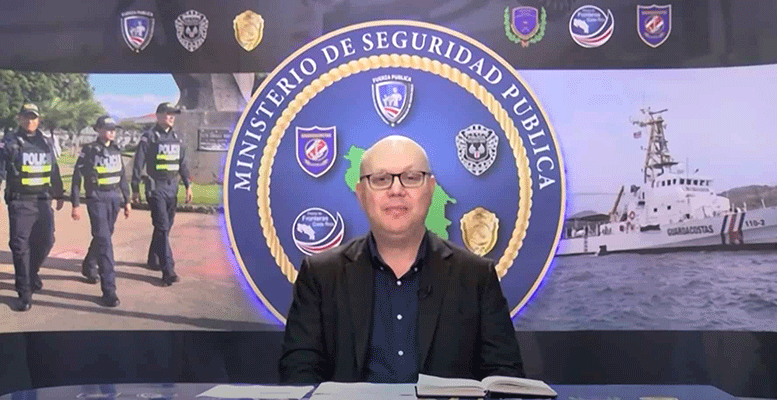Public security officials in Costa Rica say they can’t guarantee a shipment of hemp material between two research sites won’t be seized under drug laws, declining a transport permit.
Prosecutors said in a statement that because Costa Rica’s laws on cannabis have not yet been approved, the material cannot be legally transported.
“It is not possible to guarantee the transit of said substances through the national territory because the current law does not make any distinction according to percentages of THC concentration; the mere determination of its presence requires its confiscation and forensic analysis,” law enforcement officials said in a statement. The opinion was in response to an inquiry by Minister of Agriculture Renato Alvarado, who sought guidance on the shipment from the Deputy Prosecutor for Drug Trafficking and Related Crimes.
Dispute over legality
Minister of Public Security Michael Soto said police have the power to seize hemp plants that the Ministry of Agriculture and Livestock (MAG) is developing for research projects in Cañas, Guanacaste and Guápiles, Limón.
Officials at the country’s National Institute for Innovation and Technology Transfer (INTA), which oversees the country’s hemp program, have countered that the research initiative is already legal as a result of Costa Rica signing the United Nations Single Convention on Narcotic Drugs in 1970.
Scientists started hemp cultivation trials with 12 varieties last November at the two sites, where they are studying the plant’s performance in the country’s agronomic and climate conditions. INTA announced this week that it would begin to report first results from the hemp plantations.
Doubts on permit
“I do not have any authority over the MAG, nor do I have the power to endorse experiments on hemp plantations,” Soto said as he declined to endorse a transport permit sought by Minister Alvarado to ship hemp material from Guápiles to Cañas.
Soto this week visited a laboratory at Cañas, where Costa Rica’s first hemp crop is being developed. The Minister told crhoy.com that he was not consulted on the MAG hemp project, which is under the INTA.
Hemp advocates in Costa Rica have said if the legislature approves the hemp law presented last September, allowing the the commercial exploitation of industrial hemp and medicinal cannabis, the country’s farmers and exporters would have access to a market that export agency Promotora del Comercio Exterior de Costa Rica has estimated could reach $14 billion annually by 2025.
Deputy Roberto Thompson of the Liberation party earlier this month encouraged President Carlos Alvarado to support the legislation as one way of boosting Costa Rica’s economy. Thompson has petitioned the President to continue advancing the hemp program.
The President has said he supports hemp, but opposes medicinal cannabis and self-cultivation, suggesting the government lacks the resources to ensure public health and safety.
Geannina Dinarte, Minister of the Presidency, said late this week the Government will work on the bill to legalize the use of hemp for medicinal and industrial purposes, and cannabis for medicinal use, before convening extraordinary sessions on the law.
MAG officials have said they hope the cannabis bill will be passed this year.

